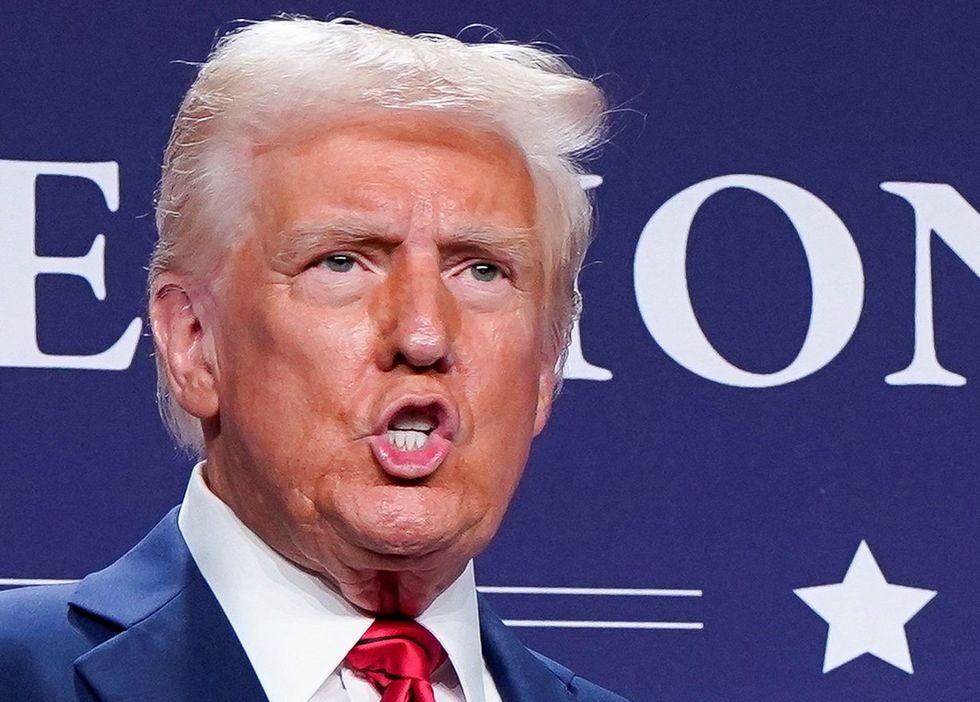The ongoing tension between former President Donald Trump and Federal Reserve Chair Jerome Powell reached a new peak recently, reigniting a fierce debate over the direction of the nation’s financial landscape. This significant Presidential Criticism of the central bank’s leadership underscores deep ideological divisions regarding US Economic Outlook and monetary strategy.
Trump, known for his outspoken critiques, launched a vehement attack on Jerome Powell, labeling him a “total loser” and holding him accountable for colossal financial losses to the country. His pointed remarks, delivered with characteristic fervor, accused the Fed chair of being “too angry, too stupid and too political” for his pivotal role.
At the heart of the discord lies the contentious Interest Rate Debate. Trump has long advocated for a significant reduction in interest rates, pushing for a dramatic cut from the current approximate 4.33% to a mere 1%. This persistent call reflects his belief that lower rates are essential to stimulating the Trump Economy.
The former president’s dissatisfaction with Federal Reserve Policy previously led him to consider replacing Powell. However, facing considerable pushback, he has since shifted his focus, reportedly initiating an investigation into alleged “incompetent or corrupt” renovations at the central bank’s Washington, D.C., headquarters, adding another layer to the protracted dispute.
Trump has also publicly characterized Powell as a partisan figure, citing the interest rate adjustments implemented by the Federal Reserve during the previous administration. This accusation aims to frame Powell’s independent decisions as politically motivated, intensifying the scrutiny on the central bank’s autonomy.
Economic experts, meanwhile, have voiced serious concerns regarding the potential repercussions of acceding to Trump’s demands for drastic interest rate cuts. They warn that such a move could trigger a volatile surge in real-world interest rates and consumer prices, leading to widespread investor panic and a significant erosion of the United States’ financial credibility on the global stage.
This high-stakes economic confrontation between a former president and the head of the nation’s central bank highlights fundamental disagreements over the optimal path for the US Economic Outlook. The outcome of this ongoing Interest Rate Debate carries substantial implications for financial markets and the broader stability of the American economy.






Leave a Reply